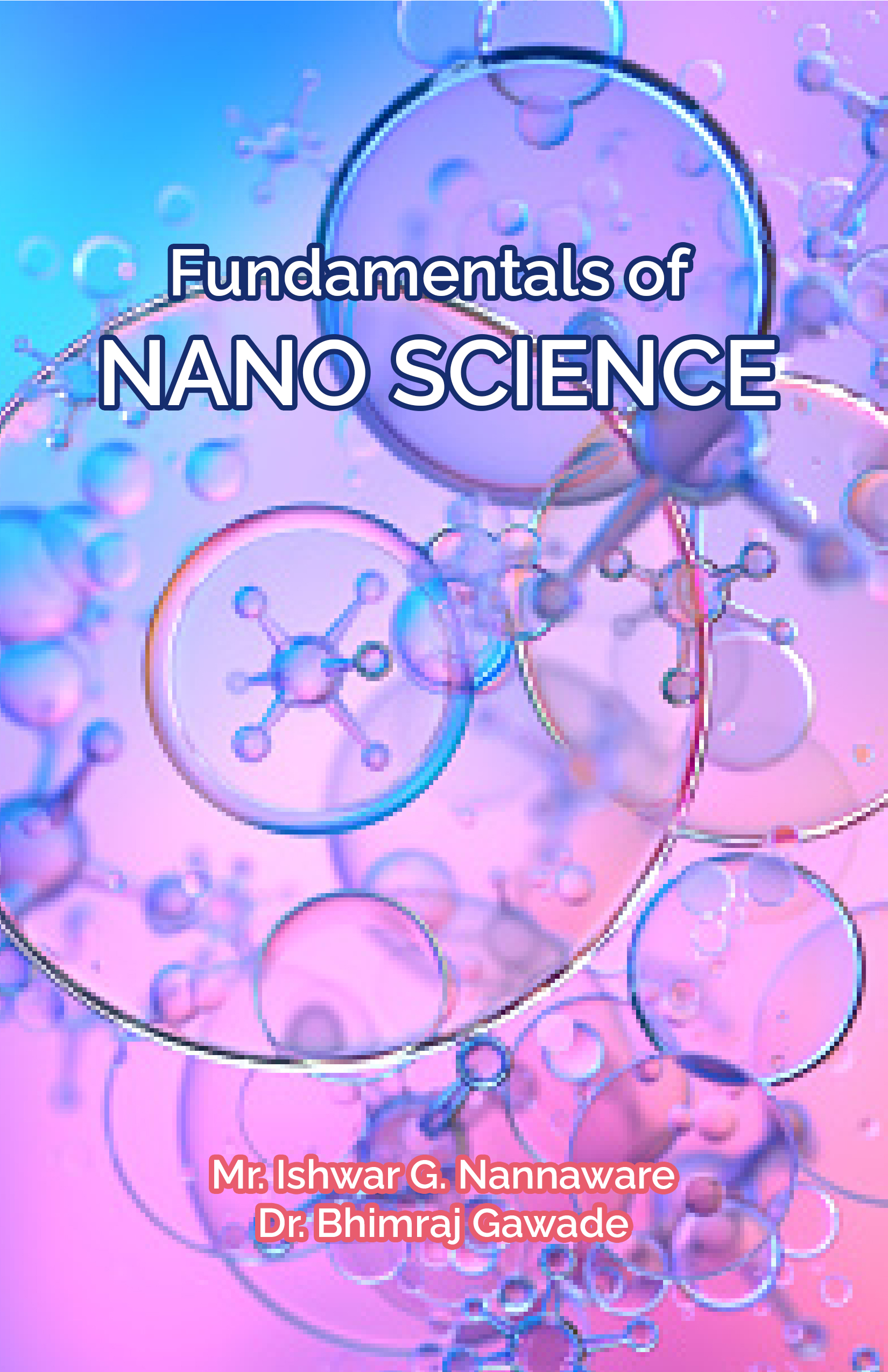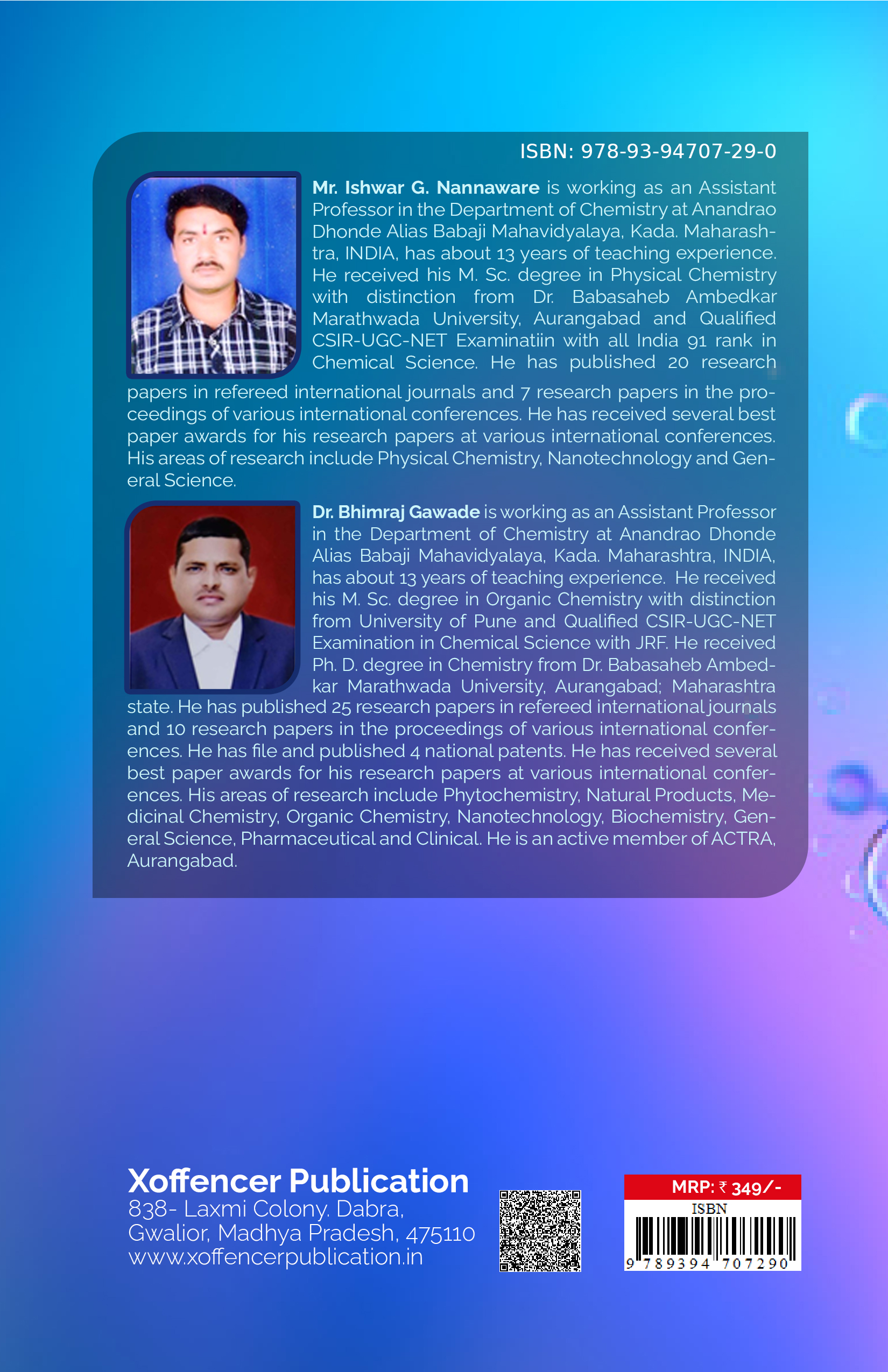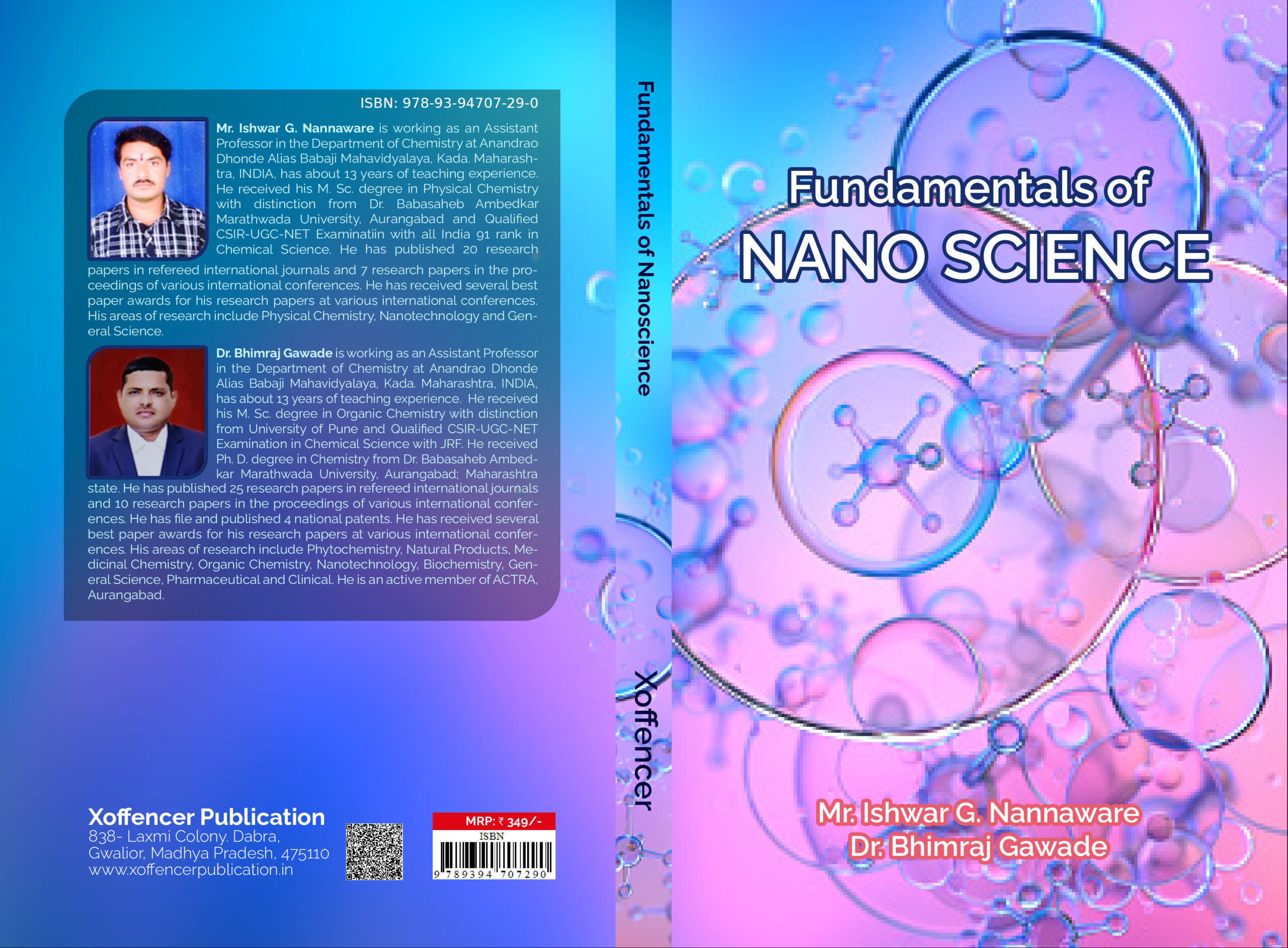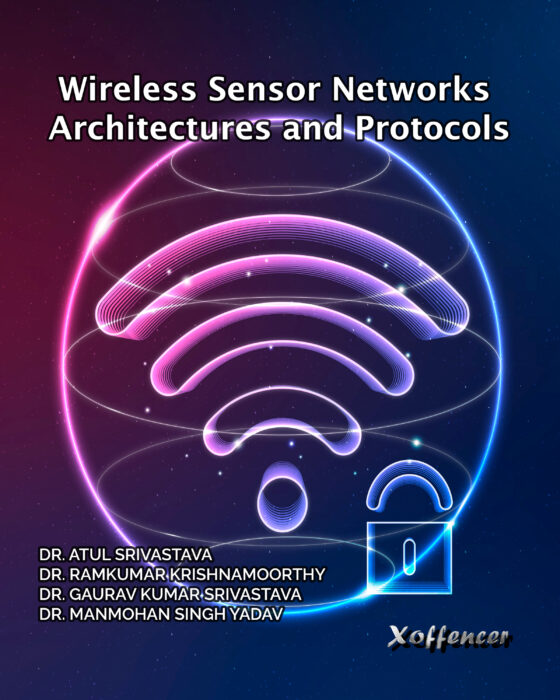Description
The study of the processes that occur in systems with dimensions on the nanoscale scale is what is referred to as the field of nanoscience. Some of the unique features of nanosystems may be traced back to the small size of the systems themselves, which is directly responsible for others. The word “nano” is used to refer to the smallest feasible measurement in the scientific disciplines of conventional chemistry, materials science, and biology. Because the diameter of a hydrogen atom is approximately one tenth of a nanometer, the nanometer scale is the very smallest scale on which we could possibly think about building machines on the basis of the principles that we learn from everyday mechanics. Using the approximately one thousand hydrogen atoms that we could pack into a cube with dimensions of one nanometer on each side, one nanometer on each corner, and one nanometer on each face, the nanometer scale is the very smallest scale on which we could possibly Even if this were the only aspect of nanoscience that existed, the enormous size difference would make it remarkable even in that situation.











Reviews
There are no reviews yet.